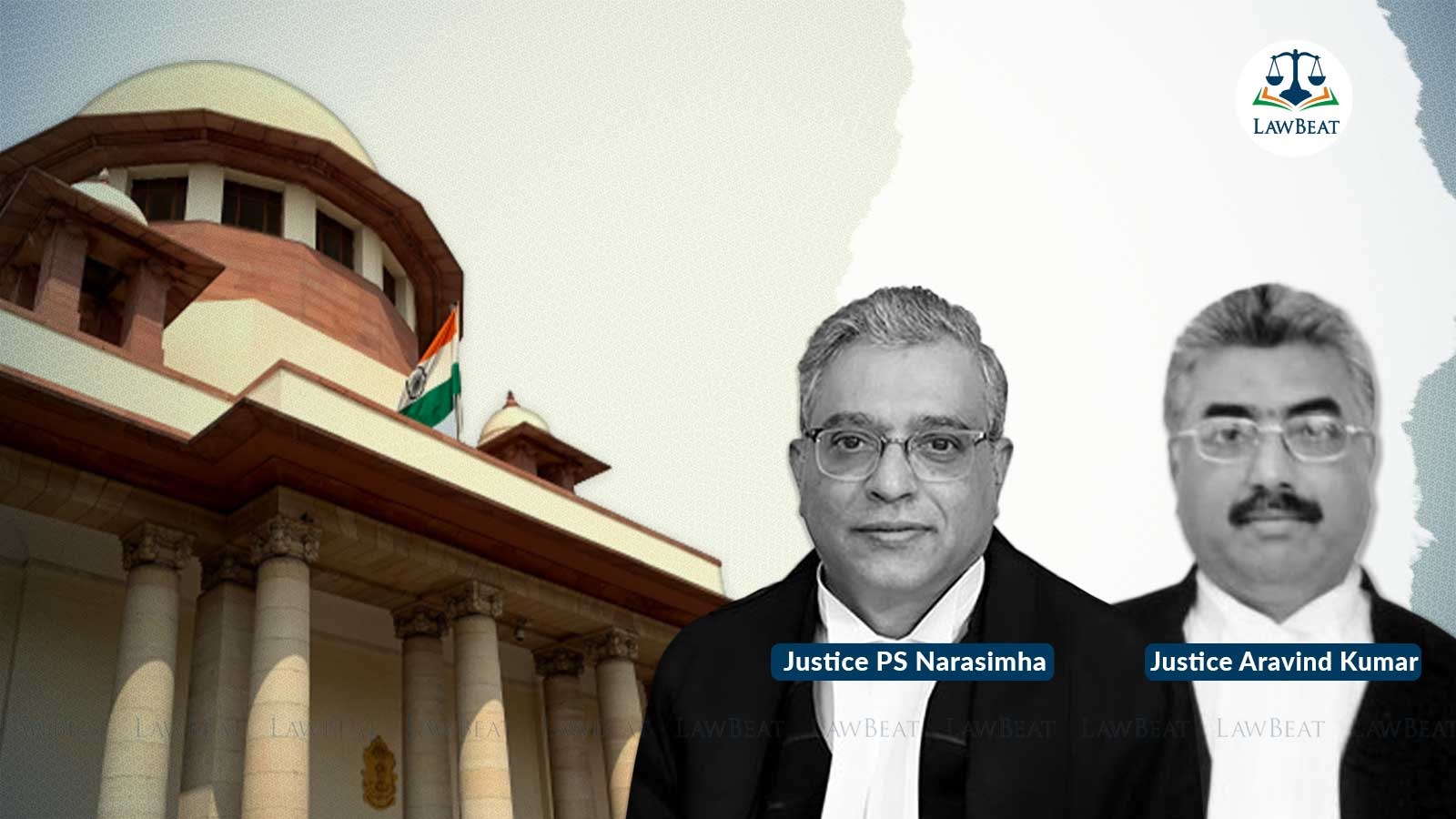Foreign arbitral award becomes enforceable when objections are finally decided: SC

The issue before the court pertained to the enforcement of an arbitral award expressed in foreign currency
The Supreme Court recently observed that foreign arbitral award is enforceable when the objections against it are finally decided and the relevant date for determining the conversion rate of foreign award expressed in foreign currency is the date when the award becomes enforceable.
A bench of Justices P S Narasimha and Aravind Kumar explained that when the award debtor deposits an amount before the court during the pendency of objections and the award holder is permitted to withdraw the same, even if against the requirement of security, this deposited amount must be converted as on the date of the deposit.
After the conversion of the deposited amount, the same must be adjusted against the remaining amount of principal and interest pending under the arbitral award. This remaining amount must be converted on the date when the arbitral award becomes enforceable, i.e., when the objections against it are finally decided, the bench pointed out.
The court partly allowed an appeal filed by DLF Ltd, formerly known as DLF Universal Ltd and another, against a Croatian company, Koncar Generators and Motors Ltd.
The issue before the court pertained to enforcement of an arbitral award expressed in foreign currency.
The bench formulated twin principles: first, following the principle in Forasol Vs Oil and Natural Gas Commission (1984), the date when the arbitral award becomes enforceable would be the date for conversion.
"Under the Arbitration and Conciliation Act, 1996, this date is when the objections against the award are dismissed, and award attains finality," it added.
Second, court held that in the event that the award amount or part of it is deposited in court pending objections, enabling withdrawal by the decree holder, that date of such deposit shall be the relevant date for conversion as per the principle in Renusagar Power Co Ltd Vs General Electric Co (1994).
The parties entered a contract for the design, engineering, manufacturing, and supply of two generators by the respondent.
Certain disputes arose between them that were referred to arbitration before the International Chamber of Commerce, Paris. The three-member arbitral tribunal passed its award on May 12, 2004 in favour of the respondent-claimant and held the appellants to be jointly and severally liable to pay Euros 10,93,989, along with interest.
After hearing the parties, the bench said, "From the statutory scheme, it is clear that a foreign arbitral award is binding between the parties when it is enforceable under Part II, Chapter I of the Act (Section 46). The enforceability of the award can be challenged under Section 48, and the order passed on such an application can be appealed under Section 50 only if it is allowed and the court refuses enforcement of the award."
Therefore, a foreign award can be enforced when the objections against it are finally decided and dismissed. At this point, the award is deemed to be a decree of the court as per Section 49.18 Unlike under the Arbitration Act, 1940, there is no requirement for a separate decree by a court for making the award a rule of the court, the bench added.
The court disagreed with the High Court that Forasol's judgment does not apply to cases under the 1996 Act.
The bench noted that the deposit of Rs 7.5 crores stood converted as on the date of deposit on October 22, 2010, when the rate of exchange as submitted by the appellants was 1 euro = Rs. 59.17.
Furthermore, it rejected a contention by the respondent company that it was unable to furnish a bank guarantee of an Indian bank.
"This argument is only to serve its own interest to be able to benefit from a higher exchange rate but does not address the principle that operates while enforcing a sum expressed in foreign currency," the bench said.
"Through a deposit, the award debtor parts with the money on that date and provides the benefit of that amount to the award holder. Provided that the award holder is permitted to withdraw this amount, it can convert, utilise, and benefit from the same at that point in time. Considering that the deposited amount inures to the benefit of the award holder, it would be inequitable and unjust to hold that the amount does not stand converted on the date of its deposit," the bench added.
In the case, the court finally held that the first deposit of Rs 7.5 crores must be converted as on the date of deposit being October 22, 2010. The second deposit of Rs 50 lakhs as well as the remaining amount due under the award must be converted when the objections proceedings attained finality on July 01, 2014.
The Executing Court, being the Additional District Judge cum Commercial Court, must determine the amount payable by taking into account the exchange rate as on July 01, 2014, it ordered.
Case Title: DLF Ltd (Formerly Known as DLF Universal Ltd) Vs Koncar Generators And Motors Ltd
